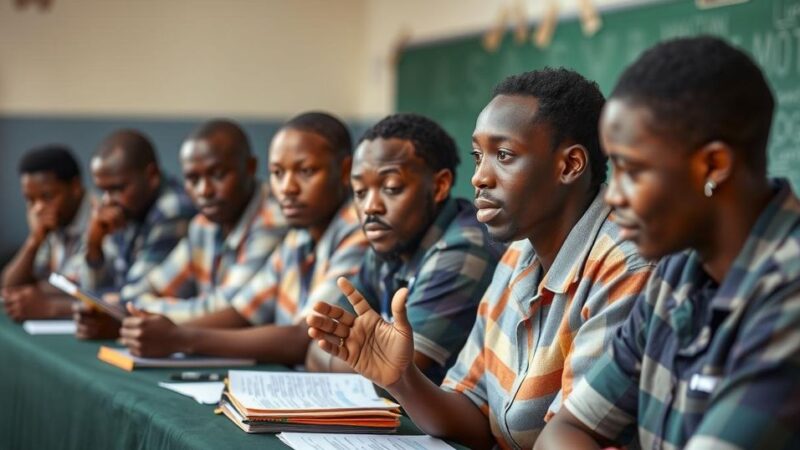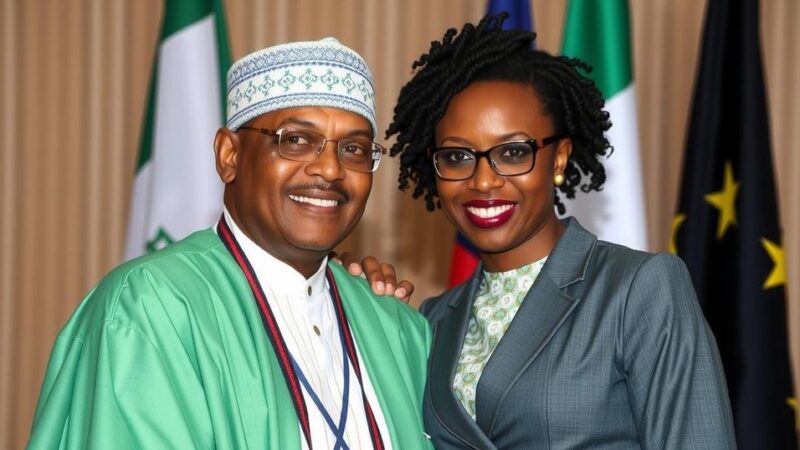In 2024, over 70 countries held elections, yet the anticipated democratic advancements failed to materialize, as many elections were marred by autocratic regression, violence, and manipulation. Experts like Josh Lerner and Leonora Camner emphasized that an obsession with elections undermines authentic democracy. Calls for restructuring civic engagement and political participation highlight the need for alternative governance models to empower communities beyond traditional electoral processes.
As we reflect upon the events of 2024, we find ourselves grappling with the disheartening reality that numerous elections took place across the globe, yet true democracy remains elusive. With over 70 nations participating in elections that engaged four billion people, the anticipated outcomes of enhanced democratic governance and community improvement were unfortunately overshadowed by a distressing rise in autocracy, political violence, and the suppression of genuine electoral choice. The correlation between elections and democratization has been called into question, highlighting the need to reassess our relationship with electoral processes and their impact on governance.
Numerous experts have voiced concerns regarding the detrimental effects of elections on democracy. Josh Lerner, for example, asserts that, “Our obsession with elections is killing democracy,” suggesting that despite substantial financial investments, the public remains skeptical about the ability of elections to deliver authentic democratic representation. Reports from Freedom House illustrate the pervasive electoral manipulation that marred contests in 2024, including the imprisonment of opposition candidates and severe violence associated with electoral activities in multiple nations.
Emerging trends, such as the phenomenon of the “sore winner,” indicate a troubling shift in political dynamics, wherein electoral victors seek to undermine dissent and consolidate power rather than fostering democratic pluralism. While some democratic transitions occurred in regions like South Africa and India, the accompanying social strife and political instability signal that elections are often more about division than unity.
In addressing the shortcomings of contemporary electoral frameworks, Leonora Camner of Democracy Without Elections critiques the prevailing systems that prioritize partisan conflicts over meaningful democratic engagement. There is a clear call to action for redefining political participation to emphasize grassroots empowerment, participatory initiatives, and inclusive governance.
As we navigate the post-election landscape, there exists an urgent need to transcend the limitations of traditional elections. Suggestions provided by Matt Leighninger, including citizens’ assemblies and participatory budgeting, offer viable pathways for restoring public confidence in democratic governance. Furthermore, legislative measures like the Building Civic Bridges Act may serve to reinforce democratic infrastructure and facilitate greater civic engagement.
Ultimately, the lessons learned from the tumultuous electoral year of 2024 compel us to reconsider our fixation on elections. If we are to cultivate true democratic principles, we must prioritize the establishment of systems that empower individuals and communities to take ownership of governance, thereby fostering a more inclusive and just society.
The events of 2024, often described as a historic election year, unfolded under the scrutiny of both local and international observers, revealing a complex landscape of electoral practices that deviated significantly from democratic norms. Despite significant global participation in electoral processes, the resulting political environment was marked by increased authoritarianism, manipulation, and violence. Analysts and activists underscored the gap between the act of voting and the realization of true democratic governance, emphasizing the urgent need for systemic reforms that elevate citizen engagement and community representation in governance.
In conclusion, the troubling events of 2024 serve as a stark reminder of the inadequacies of current electoral systems in fostering genuine democracy. The evidence suggests that an over-emphasis on elections can undermine democratic principles, inducing division and authoritarianism. It is imperative for citizens and legislators to advocate for alternative democratic practices that empower individuals and prioritize collective governance. Only through such a transformation can we reclaim the essence of democracy in our societies.
Original Source: stocktonia.org







